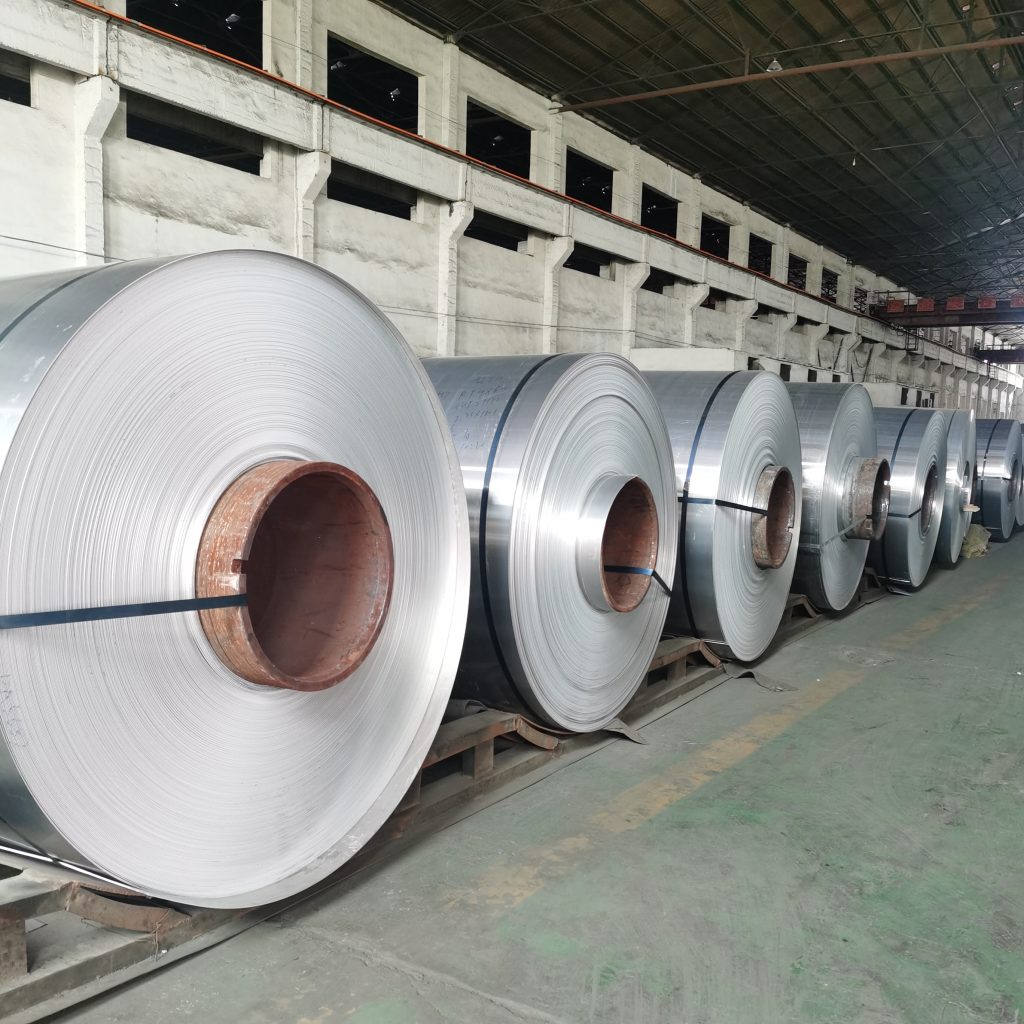Aluminum coils are versatile materials used in a wide range of industries, from construction and automotive to packaging and electronics. Their flexibility, durability, and lightweight nature make them an ideal choice for various applications. However, selecting the right aluminum coil can be a daunting task, considering the numerous options available in the market. To help you make an informed decision, here’s a comprehensive guide to choosing the right aluminum coil for your specific requirements.

Understand Your Requirements
Before delving into the selection process, it’s crucial to understand your project’s requirements. Consider factors such as:
Application: Determine the intended use of the aluminum coil. Whether it’s for roofing, insulation, transportation, or any other purpose, the application will influence your choice.
Environmental Conditions: Assess the environmental conditions the coil will be exposed to, such as temperature fluctuations, moisture, corrosion potential, and UV exposure. This will help determine the required alloy and surface treatment.
Mechanical Properties: Evaluate the mechanical properties required for your application, including strength, ductility, formability, and weldability.
Aesthetic Preferences: Consider the desired appearance and finish of the aluminum coil, such as color, texture, and glossiness.
Select the Right Alloy
Aluminum alloys exhibit varying properties, making it essential to choose the appropriate alloy for your specific application. Some common aluminum alloys used in coil manufacturing include:
1000 Series: Known for excellent corrosion resistance and high thermal conductivity, suitable for general-purpose applications.
3000 Series: Offers good formability and moderate strength, ideal for applications requiring corrosion resistance and weldability.
5000 Series: Provides high strength and excellent corrosion resistance, commonly used in marine and structural applications.
6000 Series: Known for its versatility, offering a balance of strength, formability, and corrosion resistance, suitable for various applications, including architectural and automotive.
7000 Series: Offers high strength and toughness, often used in aerospace and high-performance applications.
Consider Surface Treatment
Surface treatment plays a crucial role in enhancing the performance and appearance of aluminum coils. Common surface treatments include:
Mill Finish: The untreated surface of the aluminum coil, suitable for applications where aesthetics are not a primary concern.
Anodizing: Provides a durable, corrosion-resistant finish with various color options, ideal for architectural and decorative applications.
Painting/Coating: Offers customization in terms of color, gloss, and texture while providing additional protection against corrosion and UV radiation.
Embossing: Creates textured patterns or designs on the surface of the coil, enhancing both aesthetics and functionality.
Evaluate Coil Specifications
Once you’ve determined the alloy and surface treatment, consider the following coil specifications:
Thickness: Select the appropriate thickness based on structural requirements and manufacturing capabilities.
Width and Length: Determine the required dimensions of the coil based on your application and processing equipment.
Tolerance: Consider the tolerance requirements for dimensional accuracy and surface quality.
Coil Weight and Packaging: Ensure compatibility with handling and transportation methods, considering coil weight and packaging options.

Consult with Experts
If you’re unsure about the best aluminum coil for your needs, don’t hesitate to consult with industry experts or suppliers. They can provide valuable insights and recommendations based on your specific requirements and budget constraints.
Conclusion
Choosing the right aluminum coil involves careful consideration of various factors, including application, alloy selection, surface treatment, and coil specifications. By understanding your requirements and consulting with experts, you can ensure that you select a coil that meets your needs in terms of performance, durability, and aesthetics. Investing time and effort in the selection process upfront can lead to long-term benefits and optimal results for your project.


